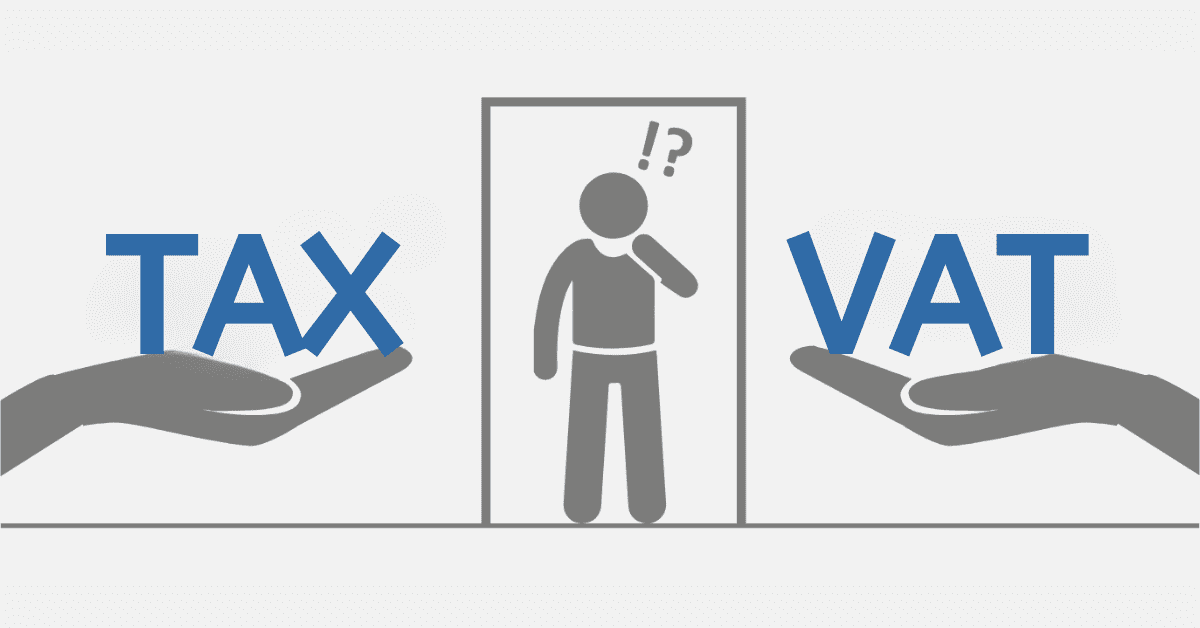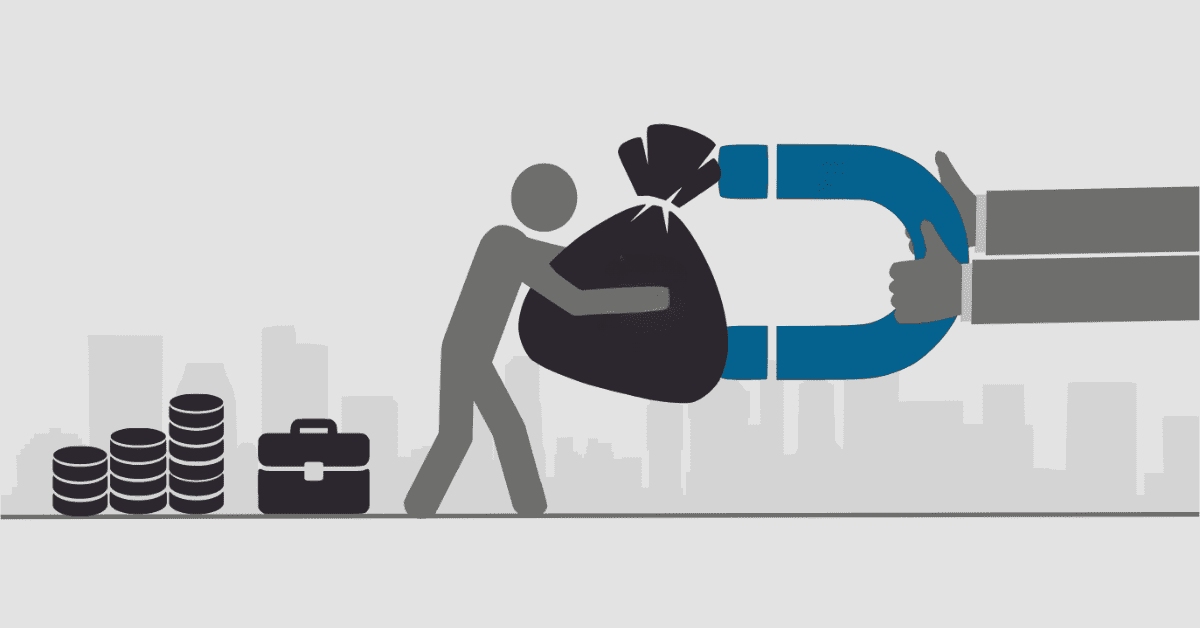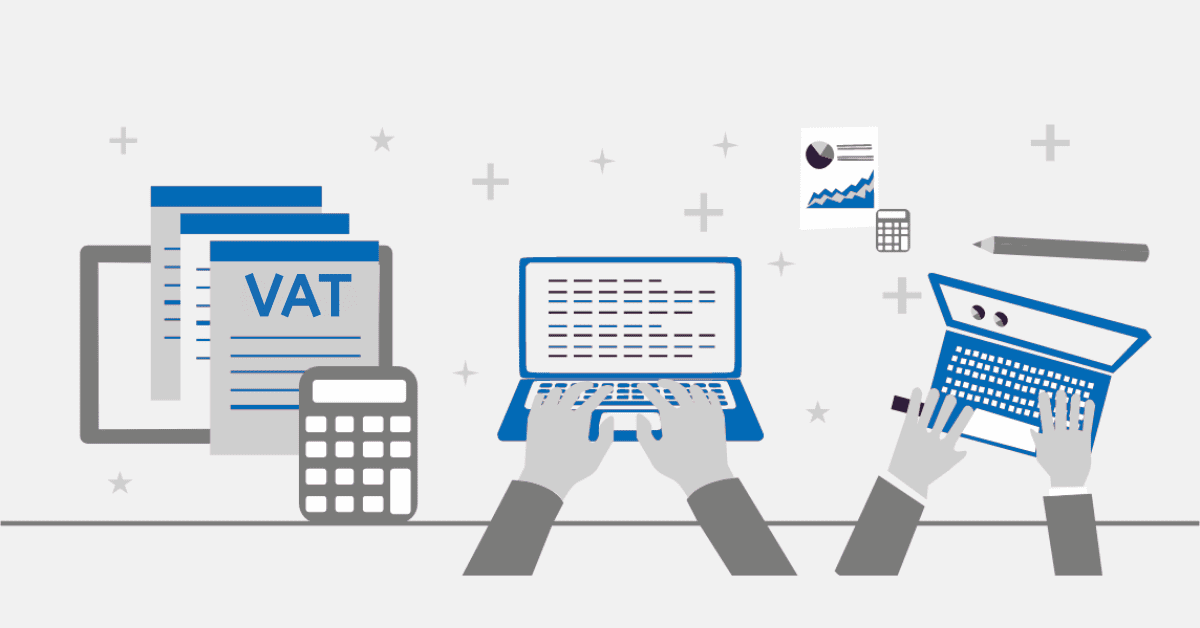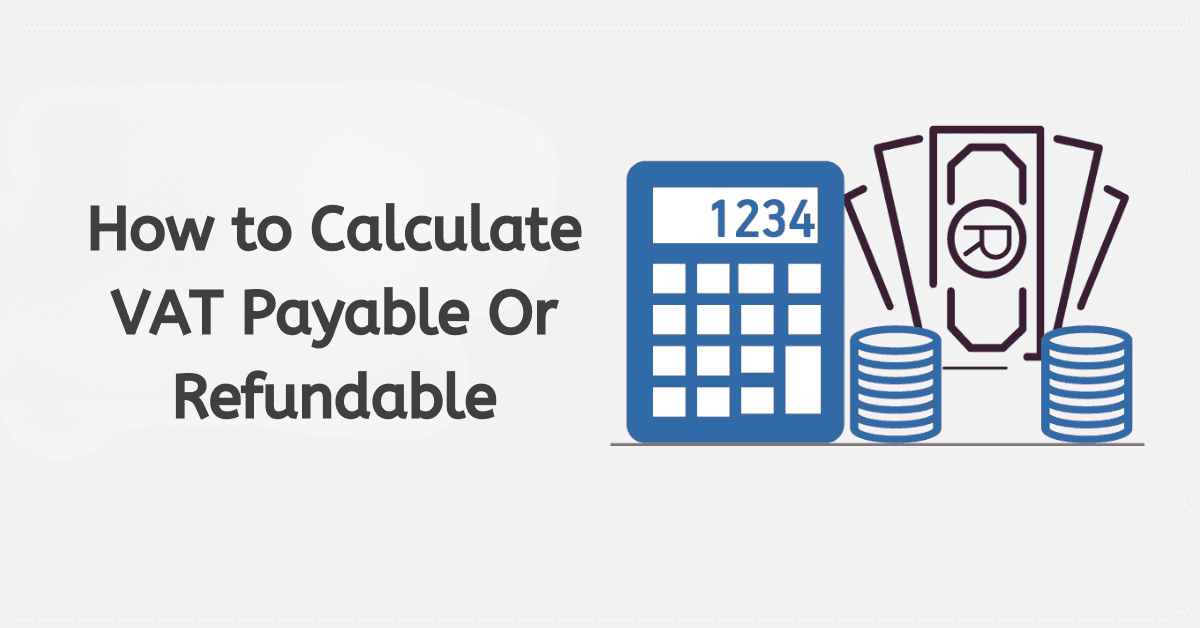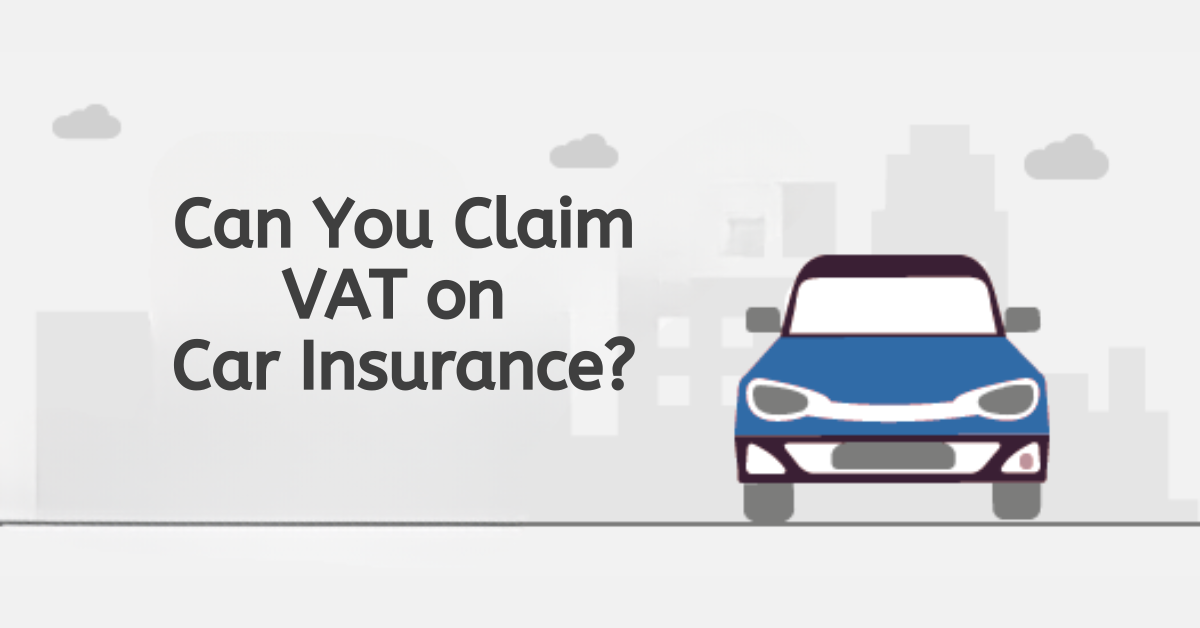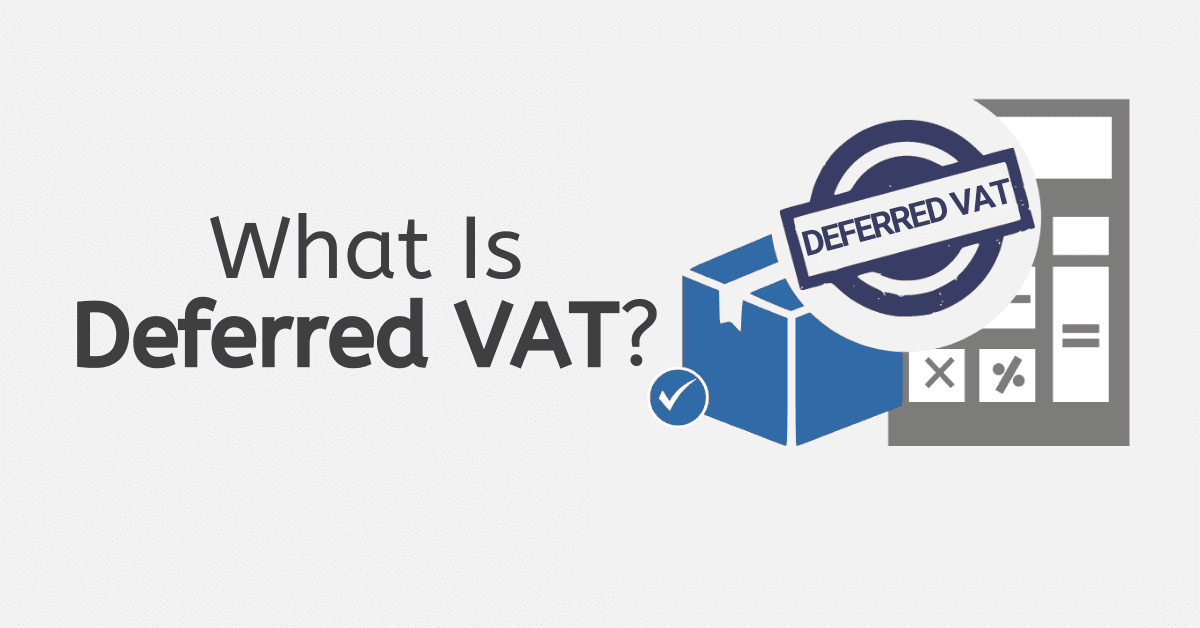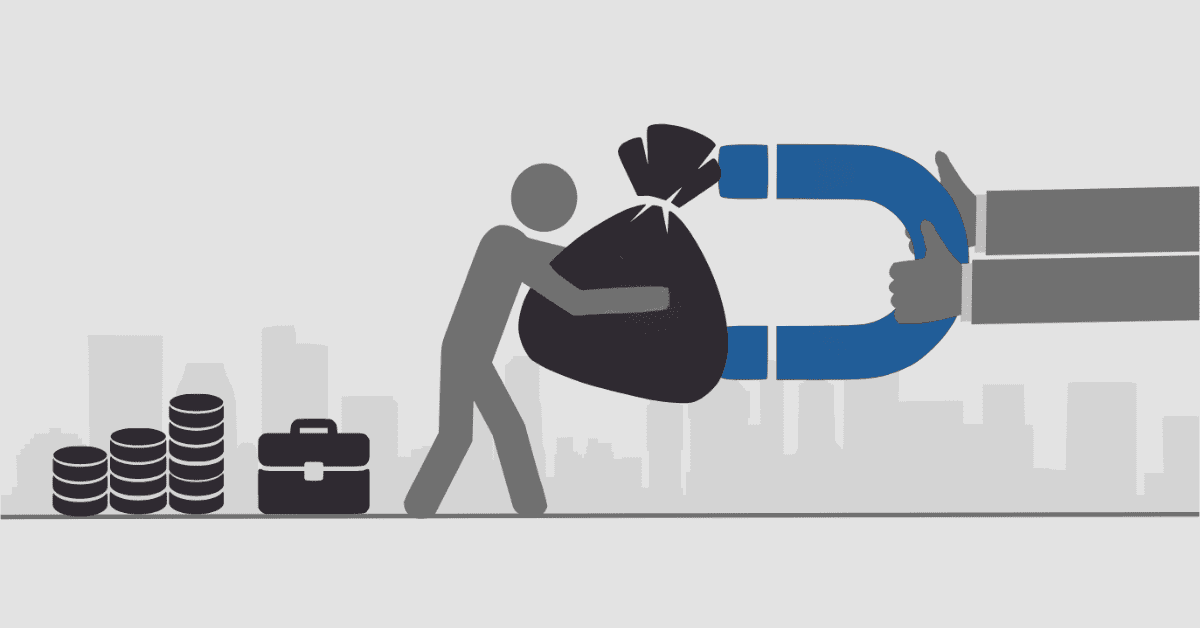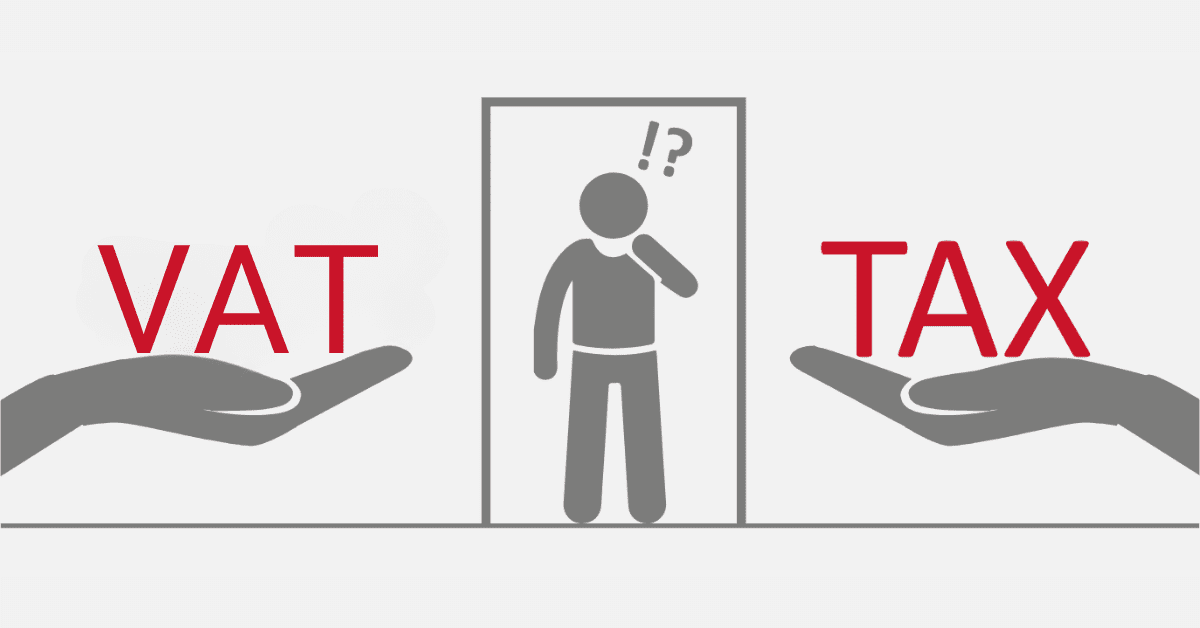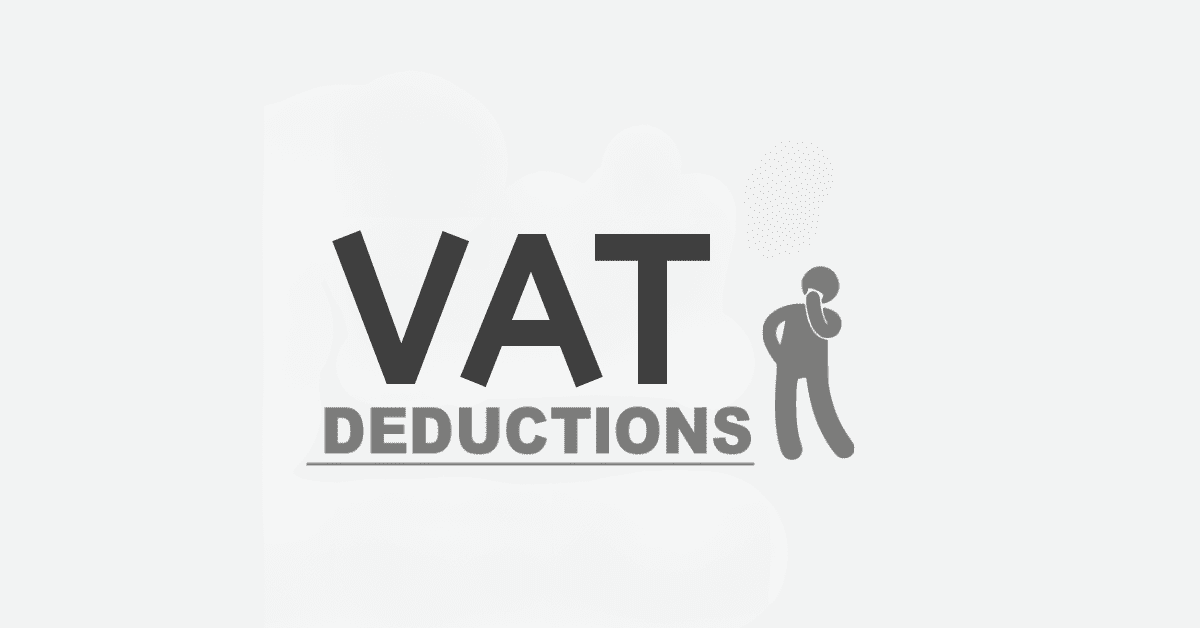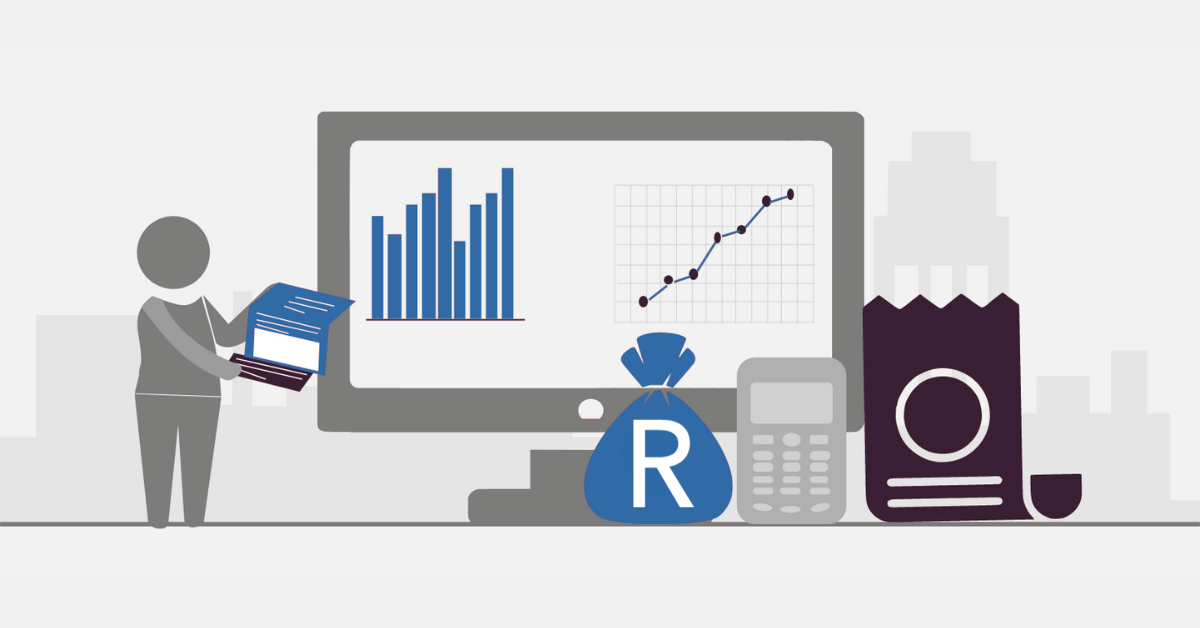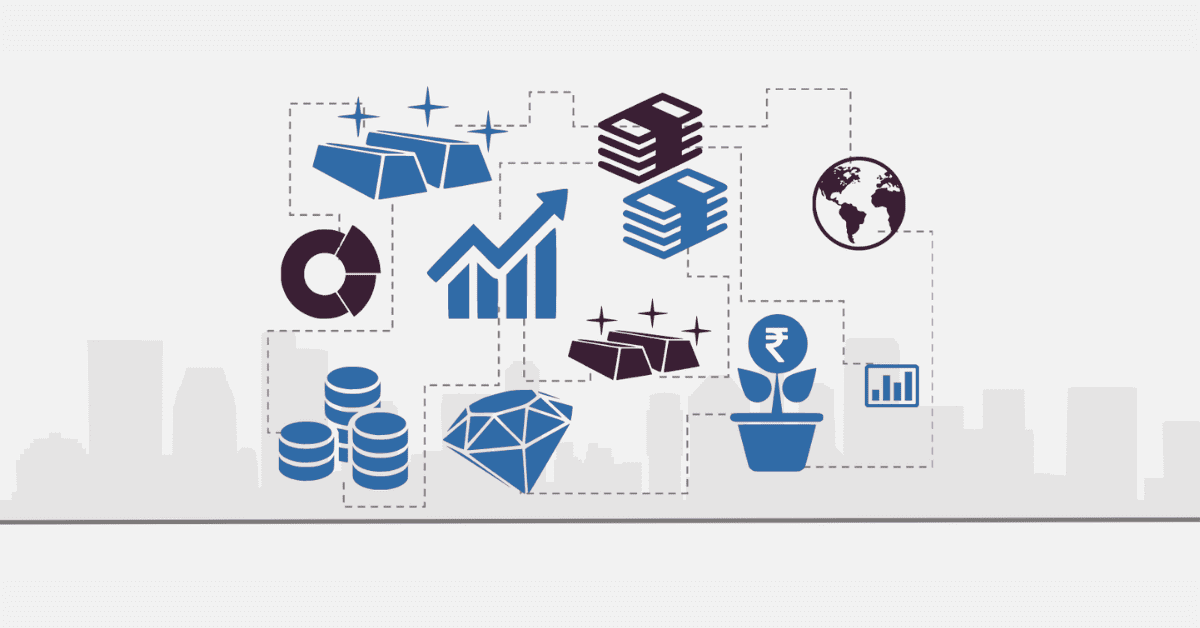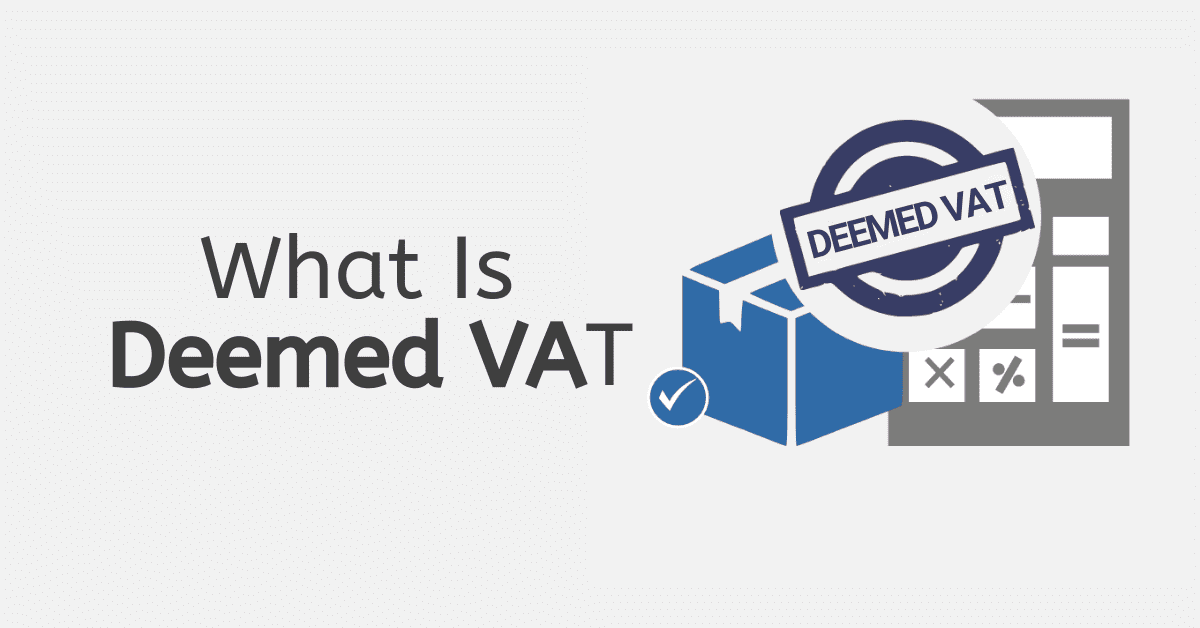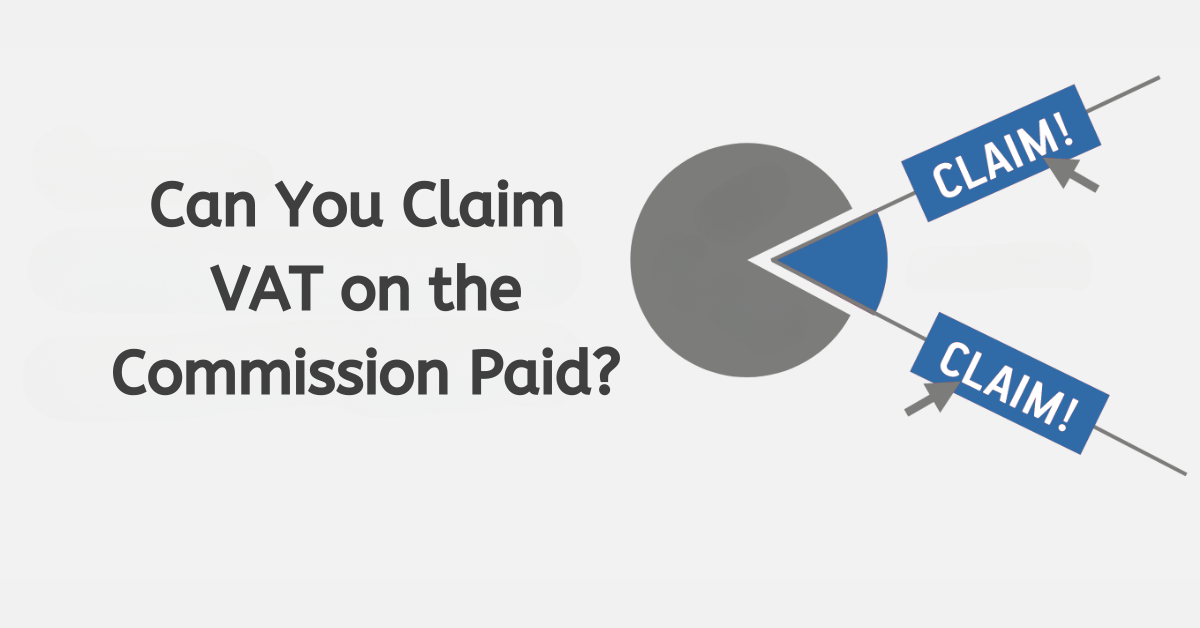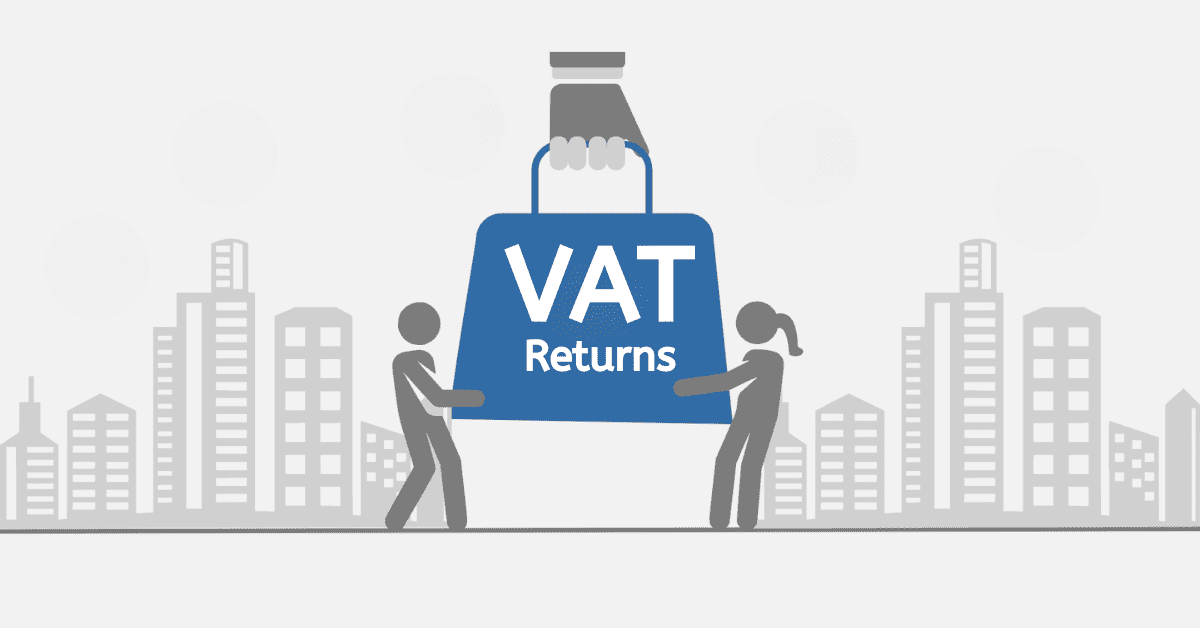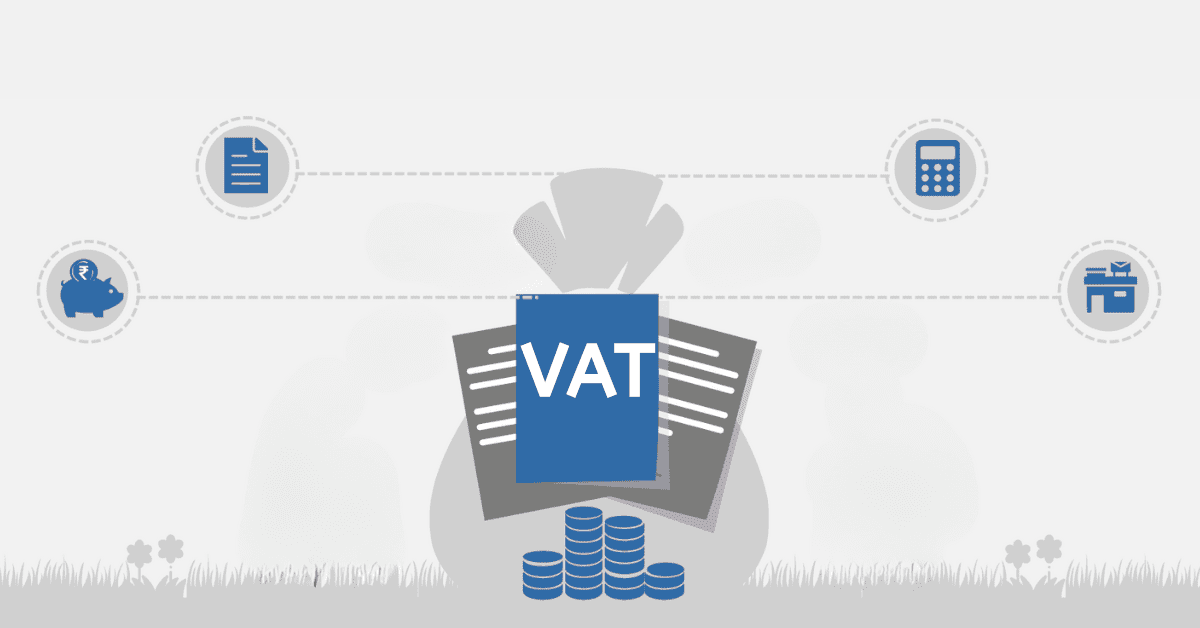VAT in South Africa applies to a diverse array of goods and services and is managed by the South African Revenue Service. It is a key revenue source for the government, bolstering public services and developmental projects. This piece offers insights into the collection of VAT in South Africa, its overseers, the resultant revenue, the various types of VAT, and information on VAT refunds and exemptions.
How is VAT collected in South Africa?
In South Africa, the collection of VAT operates through a self-assessment system. This means businesses and individuals registered for VAT are entrusted with calculating, collecting, and forwarding the tax to the government. Below is the process:
- Enrollment: Businesses that surpass a specific annual turnover must enroll for VAT. Once registered, they receive a VAT number.
- Applying VAT: Registered businesses incorporate the appropriate VAT percentage into the cost of the products or services they offer to clients. Currently, the South African standard VAT percentage is 15 percent.
- Invoicing: Businesses issue tax invoices to their customers, clearly indicating the VAT amount charged. These tax invoices serve as a record of VAT charged.
- Input and Output VAT: Registered businesses can claim a credit for the VAT they pay on their purchases and expenses, known as input VAT. They then subtract this input VAT from the VAT they’ve charged on sales, referred to as output VAT. The difference is what they remit to SARS.
- Filing and Payment: Businesses must file VAT returns, usually monthly or bi-monthly, depending on their size and turnover. They must pay the net VAT amount to SARS. Late payments can incur penalties.
- VAT Audits: SARS conducts periodic audits to ensure compliance and accuracy in VAT reporting. Meeting the requirements ensures a smooth process and avoids penalties or legal ramifications.
Who Collects VAT in South Africa?
The South African Revenue Service is the governmental agency responsible for collecting and administrating VAT in South Africa. SARS oversees VAT registration, reporting, audits, and enforcement of VAT regulations. Businesses must register with SARS for VAT collection and comply with the VAT Act.
How Much Money is Collected from VAT in South Africa?
VAT is South Africa’s significant source of revenue. The revenue collected from VAT contributes to funding various public services and development initiatives. The VAT revenue collected can vary yearly based on economic conditions, tax rates, and consumption patterns.
VAT accounted for a substantial portion of South Africa’s tax revenue, as of the latest available information. In the fiscal year 2024/2025, VAT made a significant contribution, account ing for around 25 percent of the total tax revenue, which totaled ZAR 440 billion. It’s exciting to see how this revenue supports various developmental initiatives in the country.
What Are the 3 Types of VAT?
The variety of VAT types in South Africa provides a nuanced approach to taxation, catering to different sectors and consumer needs:
- Standard Rate VAT: Primarily applied at 15%, this type encompasses everyday consumer products and services, ensuring accessibility.
- Zero-Rated VAT: Certain critical goods and services are granted a 0% VAT rate, making them more affordable and accessible for everyone. Examples of zero-rated items include basic foodstuffs, educational services, and medical supplies.
- Exempt VAT: Certain items and services are entirely exempt from VAT. Thus, no VAT is charged, and businesses providing these exempt items cannot claim input VAT on related expenses. Exempt items often include financial services, residential rental income, and some agricultural supplies.
Does SARS Refund VAT?
Yes, SARS does refund VAT under specific circumstances. For approved companies, the opportunity to claim VAT refunds can be a beneficial incentive, offering a financial boost to their operations. Claiming these refunds involves a series of straightforward steps, ensuring a smooth and efficient reimbursement process.
- Filing VAT Returns: Businesses report their VAT transactions in their regular VAT returns.
- Claiming Refunds: If the input VAT exceeds the output VAT, the excess can be claimed as a refund. Businesses can do this by completing the VAT return accurately.
- Verification: SARS reviews the VAT refund claim to ensure its accuracy and compliance with tax laws.
- Refund Payment: Once the claim is approved, SARS processes the refund, and the funds are deposited into the business’s bank account.
Who is Exempt from VAT?
Certain entities and transactions are exempt from VAT in South Africa. These exemptions are defined in the VAT Act, and they include:
- Financial Services: Most financial services, such as bank charges and insurance premiums, are exempt from VAT.
- Residential Rental: Residential rental income is typically exempt from VAT.
- Educational Services: Educational services provided by recognized institutions are often exempt.
- Medical Services: Medical services provided by registered healthcare professionals are exempt from VAT.
- Agricultural Boost: Agriculture, a vital sector in South Africa, receives a boost by exempting certain supplies, including agricultural land sales.
- Supporting Non-Profit Initiatives: Approved non-profit agencies receive support as specific activities they conduct may be exempt from VAT, fostering their positive contributions to society.
In summary, VAT is a cornerstone of South Africa’s revenue generation, efficiently managed by the South African Revenue Service. It encompasses diverse goods and services, each with its unique VAT treatment, from the standard 15 percent rate to zero-rated and exempt items. This revenue bolsters the country’s growth and development efforts. SARS refunds VAT to eligible businesses, and there are specific exemptions from VAT for certain entities and transactions defined in the VAT Act.
